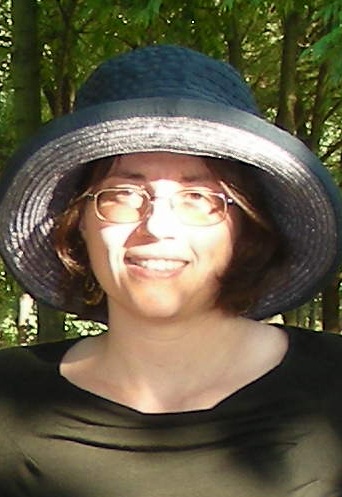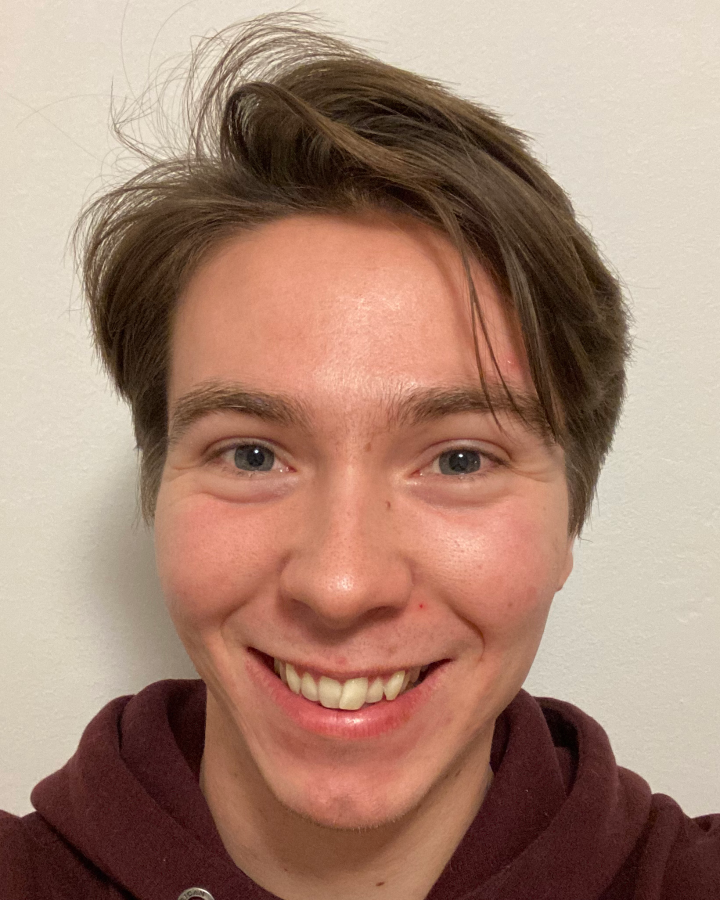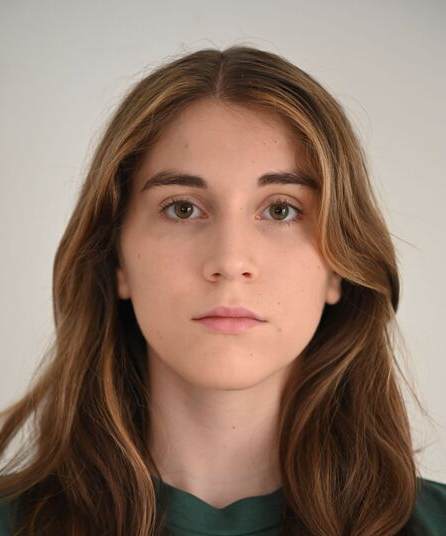Manuel Wimmer

Privatdoz. Mag.rer.soc.oec. Dr.rer.soc.oec.
Manuel Wimmer
- Email: manuel.wimmer@tuwien.ac.at
- Phone: +43-1-58801-18829
- Office: HG0219 (1040 Wien, Favoritenstrasse 11)
- About: UML, Object-oriented Modeling, Domain-specific Modeling, Metamodeling, Model Transformation, Software Engineering, Web Engineering, Model Engineering, Industrial Engineering, Automation Engineering, Multi-disciplinary Engineering
- Orcid:
- Keywords: Model Driven Engineering, Web Engineering, Model Transformation
- Roles: Affiliated
Publications
UML-based Cloud Application Modeling with Libraries, Profiles and Templates
 Alexander Bergmayr
Alexander Bergmayr Javier Troya
Javier Troya Patrick Neubauer
Patrick Neubauer Manuel Wimmer
Manuel Wimmer
Bergmayr, A., Troya, J., Neubauer, P., Wimmer, M., & Kappel, G. (2014). UML-based Cloud Application Modeling with Libraries, Profiles and Templates. In 2nd International Workshop on Model-Driven Engineering on and for the Cloud (CloudMDE) (pp. 1–10). CEUR. http://hdl.handle.net/20.500.12708/55164
Bridging Java Annotations and UML Profiles with JUMP
 Alexander Bergmayr
Alexander Bergmayr Michael Grossniklaus
Michael Grossniklaus Manuel Wimmer
Manuel WimmerKeywords:
Astract: UML profiles support annotations at the modeling level. However, current modeling tools lack the capabilities to generate such annotations required for the programming level, which is desirable for reverse engineering and forward engineering scenarios. To overcome this shortcoming, we defined an effective conceptual mapping between Java annotations and UML profiles as a basis for implementing the JUMP tool. It automates the generation of profiles from annotation-based libraries and their application to generate profiled UML models. In this demonstration, we (i) compare our mapping with the different representational capabilities of current UML modeling tools, (ii) apply our tool to a model-based software modernization scenario, and (iii) evaluate its scalability with real-world libraries and applications.
Bergmayr, A., Grossniklaus, M., Wimmer, M., & Kappel, G. (2014). Bridging Java Annotations and UML Profiles with JUMP. In Tool Demonstration @ 17th International Conference on Model-Driven Engineering Languages and Systems, MODELS2014 (pp. 1–5). CEUR. http://hdl.handle.net/20.500.12708/55165
On Synergies between Model Transformations and Semantic Web Technologies
 Robert Bill
Robert Bill Simon Steyskal
Simon Steyskal Manuel Wimmer
Manuel Wimmer
Bill, R., Steyskal, S., Wimmer, M., & Kappel, G. (2014). On Synergies between Model Transformations and Semantic Web Technologies. In Proceedings of the 8th Workshop on Multi-Paradigm Modelling (MPM) @ MODELS 2014 (pp. 1–10). CEUR. http://hdl.handle.net/20.500.12708/55181
Turning Conflicts into Collaboration
 Konrad Wieland
Konrad Wieland Philip Langer
Philip Langer Martina Seidl
Martina Seidl Manuel Wimmer
Manuel WimmerKeywords:
Astract: In model-driven software development, software models are the main artifacts used not only for supporting brainstorming, analysis, and design purposes, but also for generating executable code. Such software models are usually not created by one single developer, but within a team. To coordinate team work, versioning systems have proven to be indispensable for managing modifications performed by different modelers at the same time. When concurrently performed modifications are contradicting each other, the standard versioning paradigm requires the person who detected the conflict to resolve it immediately in order to keep the evolved artifacts in a consistent state. Whereas this approach works well in later phases of the software development process, in early phases, when the development team had not established a consolidated view on the system under development yet, the conflicts might provide valuable information on the various intentions of the modelers. This information might be lost if removed in an undocumented manner by a single modeler. We propose an alternative versioning paradigm for models, where conflicts are temporarily tolerated and discuss its technical realization for current modeling languages such as the UML. The resolution of conflicts is then not performed by one single modeler but within a team so that a consolidated version of the model is obtained.
Wieland, K., Langer, P., Seidl, M., Wimmer, M., & Kappel, G. (2013). Turning Conflicts into Collaboration. Computer Supported Cooperative Work, 22(2–3), 181–240. https://doi.org/10.1007/s10606-012-9172-4
A posteriori operation detection in evolving software models
 Philip Langer
Philip Langer Manuel Wimmer
Manuel Wimmer Petra Brosch
Petra Brosch Markus Herrmannsdörfer
Markus Herrmannsdörfer Martina Seidl
Martina Seidl Konrad Wieland
Konrad WielandKeywords:
Astract: As every software artifact, also software models are subject to continuous evolution. The operations applied between two successive versions of a model are crucial for understanding its evolution. Generic approaches for detecting operations a posteriori identify atomic operations, but neglect composite operations, such as refactorings, which leads to cluttered difference reports.
To tackle this limitation, we present an orthogonal extension of existing atomic operation detection approaches for detecting also composite operations. Our approach searches for occurrences of composite operations within a set of detected atomic operations in a post-processing manner. One major benefit is the reuse of specifications available for executing composite operations also for detecting applications of them. We evaluate the accuracy of the approach in a real-world case study and investigate the scalability of our implementation in an experiment.
Langer, P., Wimmer, M., Brosch, P., Herrmannsdörfer, M., Seidl, M., Wieland, K., & Kappel, G. (2013). A posteriori operation detection in evolving software models. Journal of Systems and Software, 86(2), 551–566. https://doi.org/10.1016/j.jss.2012.09.037
Projects
Multi-Paradigm Modelling for Cyber-Physical Systems (MPM4CPS)
Name: MPM4CPS; Title: Multi-Paradigm Modelling for Cyber-Physical Systems (MPM4CPS); Begins On: 2014-10-01; Ends On: 2019-05-31; Context: European Cooperation in Science and Technology (COST); View Project WebsiteCOSIMO: Collaborative Configuration Systems Integration and Modeling
Name: COSIMO; Title: COSIMO: Collaborative Configuration Systems Integration and Modeling; Begins On: 2014-01-01; Ends On: 2017-05-30; Context: Vienna Business Agency (WAW); View Project WebsiteARTIST: Advanced software-based seRvice provisioning and migraTIon of legacy Software
Name: ARTIST; Title: ARTIST: Advanced software-based seRvice provisioning and migraTIon of legacy Software; Begins On: 2012-10-01; Ends On: 2015-09-30; Context: European Commission; View Project WebsiteTROPIC: A Framework for Model Transformations on Petri Nets in Color
Name: TROPIC; Title: TROPIC: A Framework for Model Transformations on Petri Nets in Color; Begins On: 2009-03-01; Ends On: 2012-08-31; Context: Austrian Science Fund (FWF); View Project WebsiteAMOR: Adaptable Model Versioning
Name: AMOR; Title: AMOR: Adaptable Model Versioning; Begins On: 2009-02-01; Ends On: 2011-09-30; Context: SparxSystems Software GmbH; View Project WebsiteTeam
Business Informatics Group, TU Wien
Professors
Christian Huemer
Ao.Univ.Prof. Mag.rer.soc.oec.Dr.rer.soc.oec.
Dominik Bork
Associate Prof. Dipl.-Wirtsch.Inf.Univ.Dr.rer.pol.
Gerti Kappel
O.Univ.Prof.in Dipl.-Ing.inMag.a Dr.in techn.
Henderik Proper
Univ.Prof. PhDResearchers
Aleksandar Gavric
Univ.Ass. MEng. B.Eng.
Galina Paskaleva
Projektass.in Dipl.-Ing.inDipl.-Ing.in BSc

Marianne Schnellmann
Univ.Ass.in BSc MScMarion Murzek
Senior Lecturer Mag.a rer.soc.oec.Dr.in rer.soc.oec.
Marion Scholz
Senior Lecturer Dipl.-Ing.inMag.a rer.soc.oec.
Miki Zehetner
Univ.Ass. DI Bakk.rer.soc.oec. MScSyed Juned Ali
Univ.Ass. BSc MScStudent-Staff

Florian Fankhauser
Projektass. Dipl.-Ing.Julia Smejkal
BSc






